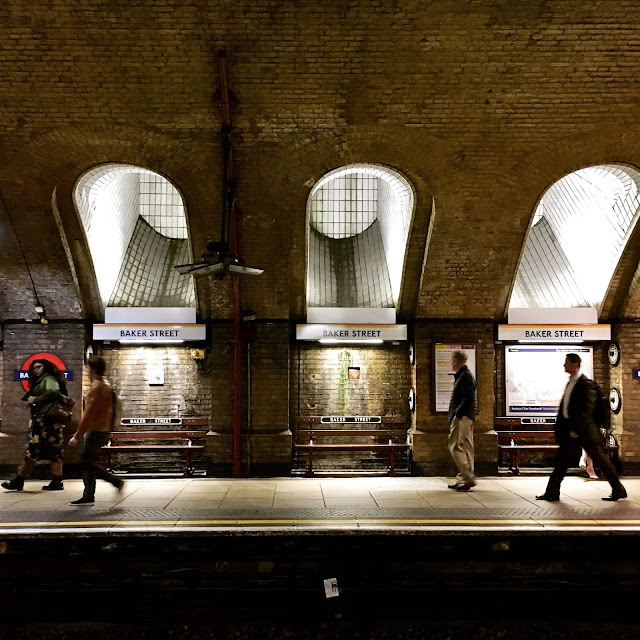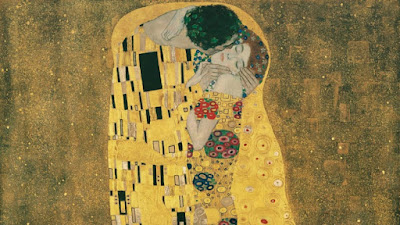But She's Not There
I went to see my mum today. It's been awhile. There was no one in the lobby so I signed in and went down the hallway scanning the doors for her name. Lots of elderly and infirm folks wandering the hallways in wheelchairs and walkers. Plenty of nurses in their greens carrying clipboards and pushing carts filled with meds. But no mum. She wasn't in her room, just a silver-framed picture of my dad and another one of my mother and me with Russell when he was a baby indicated the room belonged to her.
I wandered down the hall and found a nurse.
"I think she's with her son walking around" she told me.
No she wasn't. I'd seen my brother's name signed out on the visitor log over an hour ago.
I found her in the family room. A few round tables on rollers crowded with liters of coke and the lunches that family members visiting their loved ones, almost always women—mothers, grandmothers, rarely men— brought in. My mother was sitting apart from them all, alone in her wheelchair facing the huge floor to ceiling window that looked out upon a small garden in a courtyard. A pretty new fountain was being built out there; for now yellow security tape kept everyone out. I wondered what she thought of the view but when I got closer I saw that my garden-loving mother wasn't admiring the view, she wasn't checking out the work in progress, she was asleep.
Her hair was pulled back neatly into a pony tail; she was wearing a black I LOVE NEW YORK T-shirt pulled on over a hospital gown; something I knew neither my brother or I had given her. I felt stupid standing there with a shopping bag holding a black jogging suit and a pair of deep salmon colored pajamas, elastic waists, no buttons. I'd marked the labels with her name but I knew I could just as easily see some other woman wearing the same outfit some other day. Maybe the same woman who really owned the I Love New York T-shirt. I wondered if her family was looking on, wondering what the hell she was doing, wearing their mother's clothes.
"Yes" she said without a beat, as if she was just answering my latest question, not at all surprised to see me standing there. She looked at me as though I'd been there all along, not missing in action for the past few weeks. "Yes" she said, as if we were in the middle of a conversation.
We weren't in the middle of a conversation. All pretense of real talk had stopped months, years ago. Despite everyone's best efforts to keep Alzheimer's patients stimulated, eventually they lose language completely. Before that final crushing silence comes the stage where sentences are gobbledy gook, indecipherable bits that sound like actual words except the words don't belong together in a sentence. "Going flower bath shook mine."
For awhile I would try to decipher my mother's meaning "You're going to look at flowers?" I'd ask puzzled. "Do you want a bath?" Until I realized it was kinder to simply nod and squeeze her hand, pat her shoulder and smile. Or show my concern with a frown in case something was troubling her. What it was, I'd never know, mangled words had lost their way. Later I'd ask the the nurses but I knew what they'd say "Enid? No, she's fine! Such a nice lady. No worry, she okay!" I could only look on as she disappeared inside her own head and offer love and while I didn't think my love did anything to appease her, it was all I had to give.
Taking out her scrunchy, I needlessly redid her hair, brushing it back, stroking it into smoothness the way she'd done for me when I was a child, pulling my hair into a pony tail so tight it pinched my scalp. I tried not to pinch; it didn't matter if her pony tail wasn't perfect, so long as her hair was clean, and out of her eyes.
I pulled a chair over, placing it next to her wheelchair facing that courtyard, that pretty fountain in progress. Hand in hand, we sat together, staring out the window, saying nothing, each lost in our own thoughts, my mum and I, both of us, stuck in the past.




